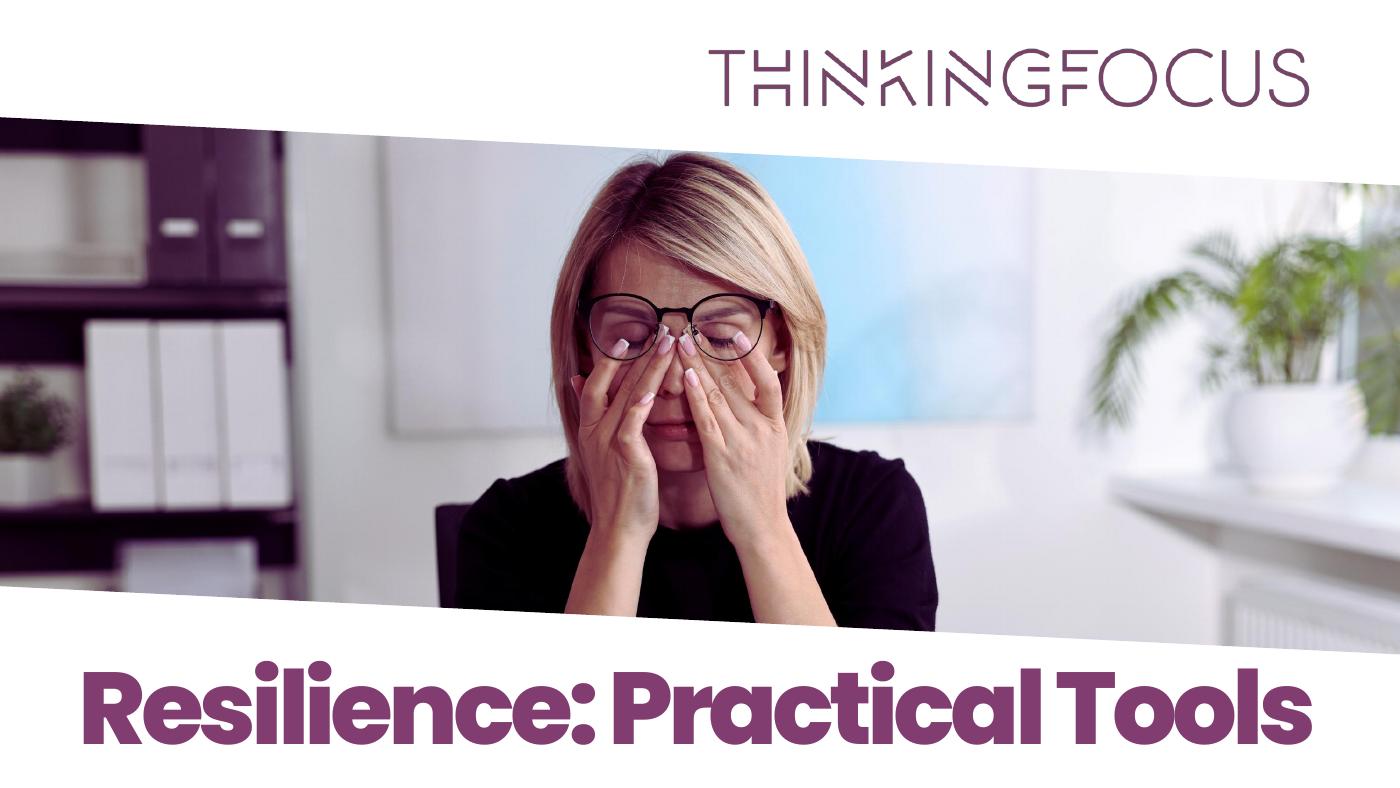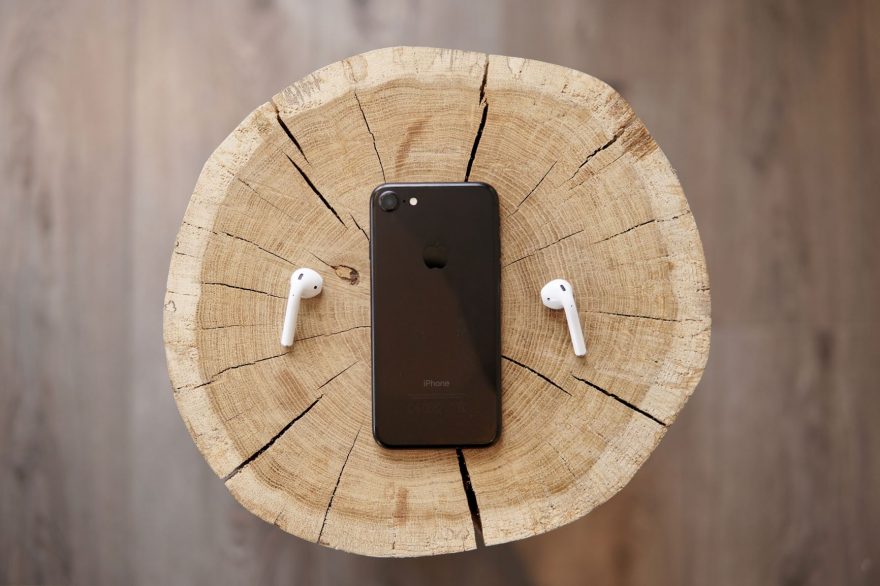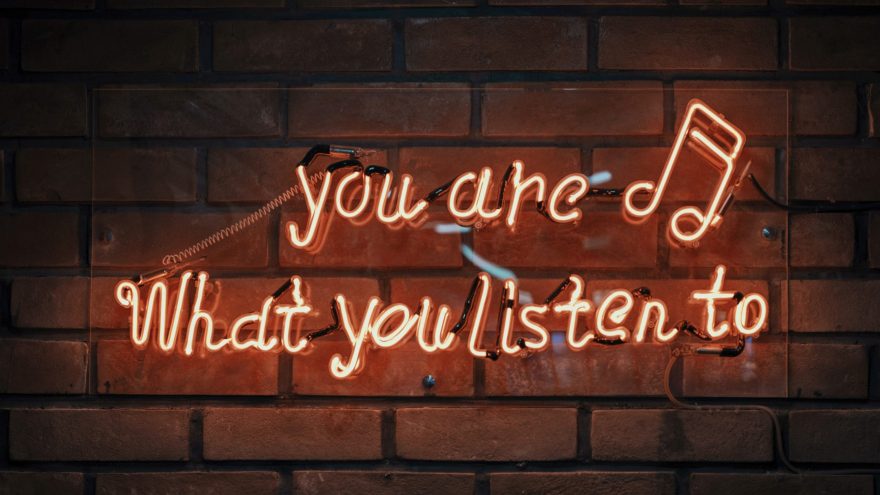Whether you are a golf fan like me or someone who loves to see someone come through adversity and bounce back after repeated near misses, you can’t help but shed a tear for Rory.
For over ten years, Rory McIlroy has faced the world’s media year after year since 2014 – “Is this [will you complete the career grand slam] your year? “
Rory gets one shot each year, and the weight of greatness was starting to show even through his performance this year. McIlroy stood on the cusp of greatness, a pantheon only five golfers had ever achieved before. To achieve the career grand slam, you must win The Masters, The PGA Championship, the British Open and the US Open, which were last achieved by Tiger Woods in 2000 and by Jack Nicklaus 34 years before.

Getty Images
McIlroy has endured many highs and lows throughout his career, but one thing that sets him apart besides his golf game is his ability to keep bouncing back. I imagine there have been times when he doubted he would ever join the elite club of Gene Sarazen (1935), Ben Hogan (1953), Gary Player (1965), Jack (1966), and Tiger (2000). In 17 attempts at the Masters, Rory had finished in the top 10 eight times; his previous best was second in 2022!
In 2011, Rory held the 54-hole lead at The Masters, four shots ahead with 18 holes to go. He famously blew up on the 10th hole, effectively ending his challenge, and he would finish tied for 15th. However, his resilience would come to the fore just two months later as he returned at the next major, The US Open, where he destroyed the field to win by eight shots.
Watch the webinar:
What about you?
Pressure is relative, and as much as Rory wanted to leave his mark on the history of golf, he is a wealthy man who could hang up his clubs and never play again without any personal impact.
So what about you? Have you ever felt like the pressure at work is coming from all sides?
You’re not alone. The modern workplace can be a juggling act of tight deadlines, shifting priorities, and team dynamics—especially for leaders and managers who carry everyone else’s expectations on their shoulders.
The good news? Resilience is a skill that anyone can develop. And with the right mindset, you can learn to bounce back from daily stresses and bigger challenges alike.
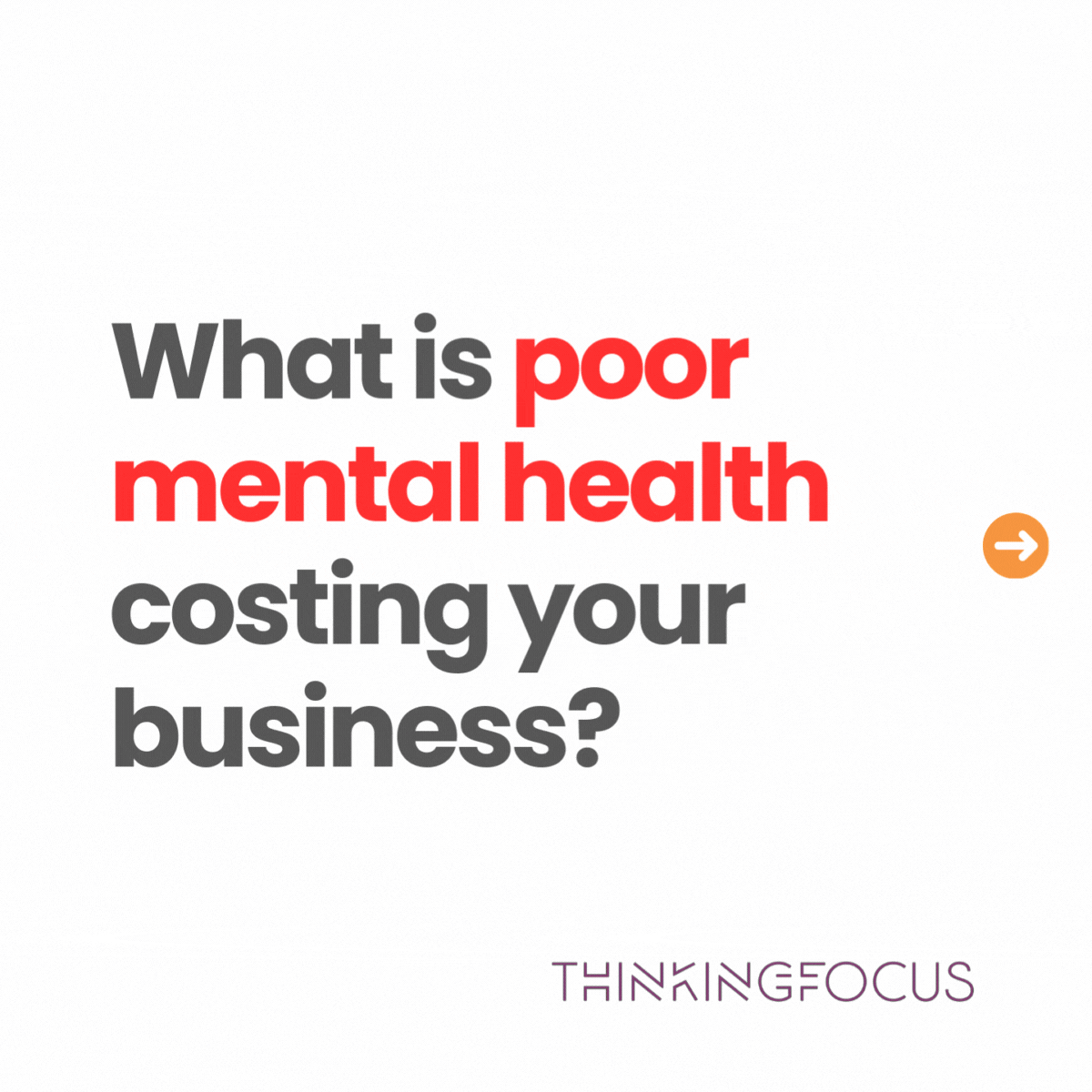
Here are a few practical ideas to set you on the right path:
Acknowledge the Pressure
First things first—recognise that you’re under strain. How many times have you powered through a tough week without stopping to catch your breath? Naming the stress is the first step to managing it. It’s perfectly normal to admit, “This is really hard,” by doing so, you permit yourself to find a better way forward.
Leverage Your Network
Resilience isn’t about going it alone. Build a strong support network in and out of work—a peer you trust, a mentor, or even friends outside your industry. Sharing your challenges and asking for advice lightens the emotional load and sparks fresh perspectives and problem-solving approaches.
Mindset Matters
Consider how you’re framing challenges. Instead of viewing problems as dead-ends, see them as possibilities to stretch your thinking. “We’ve never done it this way before” can become “We’ve got a chance to try something fresh.” Transforming obstacles into opportunities is a powerful mental shift that helps you stay open and motivated.
Pace Yourself with Purpose
You can’t just keep going, expecting everything to work out. Focus on pacing. Breaking large projects into smaller milestones makes progress more visible—celebrate those quick wins!
Rory didn’t just turn up and win the Masters; he practised hard! He reflected on his past attempts; he talked to the experts like Jack and Tiger to gain more insight. He worked on and improved the aspects of his game. Rory’s purpose driving him on was to be among those greats. He gets just one shot each year, one tournament where he could join the greats, and he has to compete with 94 other golfers who also desperately want to win the coveted green jacket.
Your purpose guides you when things are difficult, and celebrating your small and big wins along the way builds momentum and a sense of achievement, which fosters resilience for the next hurdle.
Recharge for Longevity
A quick break is not a luxury—it’s a strategic reset. Whether it’s five minutes of mindful breathing or a brisk walk, taking time out recharges your mental batteries. And don’t dismiss the importance of genuine downtime away from your inbox. Proper rest, healthy habits, and a sense of perspective are the bedrock of enduring resilience.
Stop Waiting to Get Started
Stop waiting for things to be just right or for something that makes everything easier. Instead, harness your inner A-Team or MacGyver and make the most of what you have; use what you have at your disposal to build what you can; with the internet and AI, there are very few barriers to getting started.
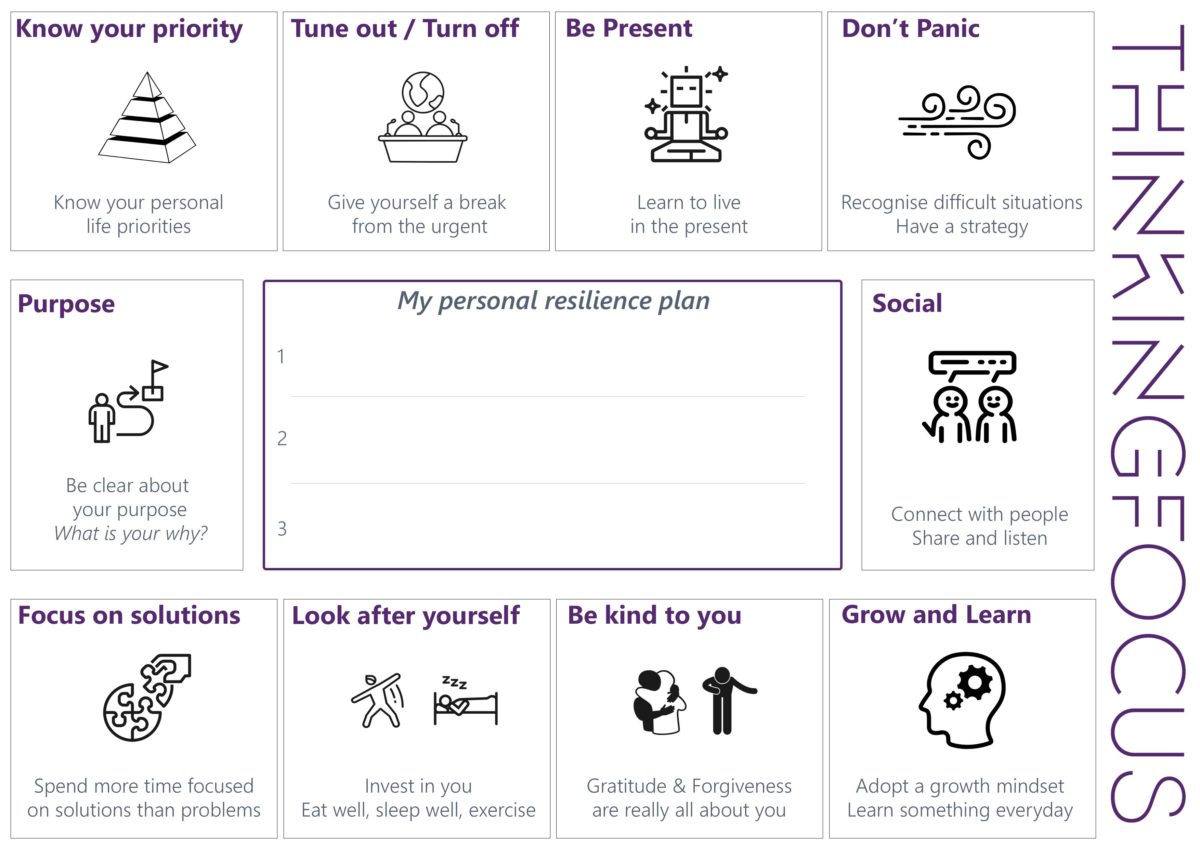
Remember, resilience isn’t about “toughing it out” alone; it’s about learning to adapt, grow, and thrive despite the stresses of a demanding environment. If you feel overwhelmed or stuck, reach out—there’s always support and new strategies to explore.
Ready to dig deeper? Please drop a comment or message us directly to continue the conversation on building more resilient leaders and teams. Let’s navigate these challenges together—and come out even stronger.
Download the Resilience Toolkit
Missed it? No problem, we’ve got you covered. You can catch the recording here:


